Dear MoFA members, dear friends of malacology,
in 2025, we look back on another successful year, including a landscape maintenance campaign in Bad Fischau-Brunn (in cooperation with the Landschaftspflegeverein Thermenlinie) to benefit the endemic Austrian heath snail Helicopsis austriaca (see report in German), a MoFA excursion to the Anninger near Mödling, a very successful 4th MoFA Conference in Linz where the new MoFA Scholarship and the MoFA Junior Awards were awarded, and the publication of the MoFA journal Arianta 12.
Before publication is after publication: we are accepting submissions of manuscripts for Arianta 13. If you have interesting observations, investigations, or reports on mollusks that you would like to publish with us, please send your manuscript (as a Word text file) including figures and tables to team@molluskenforschung.at. Please note the guidelines for authors when submitting your manuscript.
We wish you all a Merry Christmas and all the best for 2026!

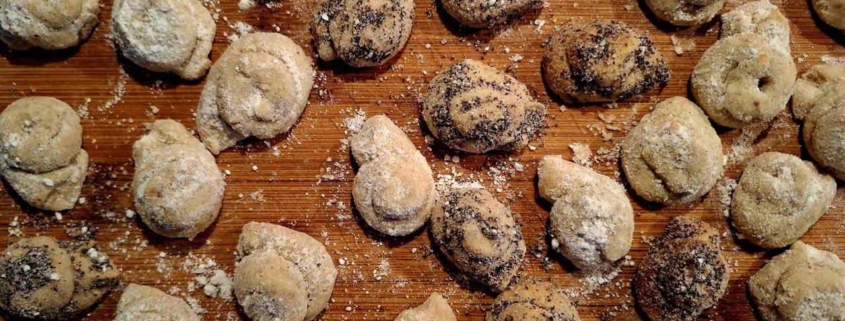 Helmut Sattmann
Helmut Sattmann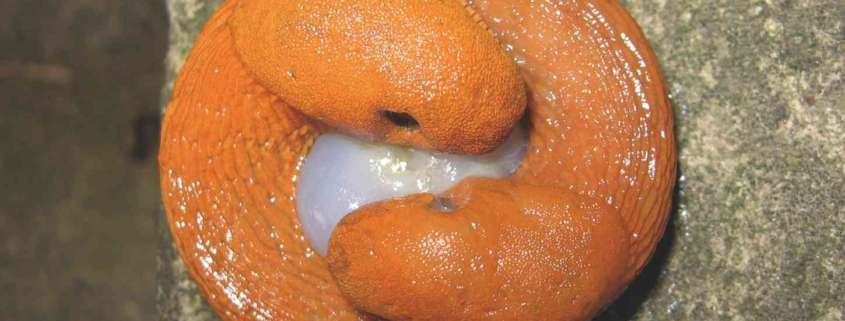 A. Mrkvicka
A. Mrkvicka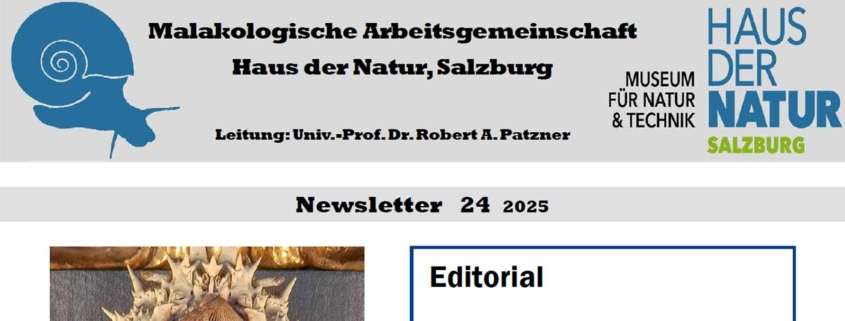 Malakologische Arbeitsgemeinschaft, Haus der Natur, Salzburg
Malakologische Arbeitsgemeinschaft, Haus der Natur, Salzburg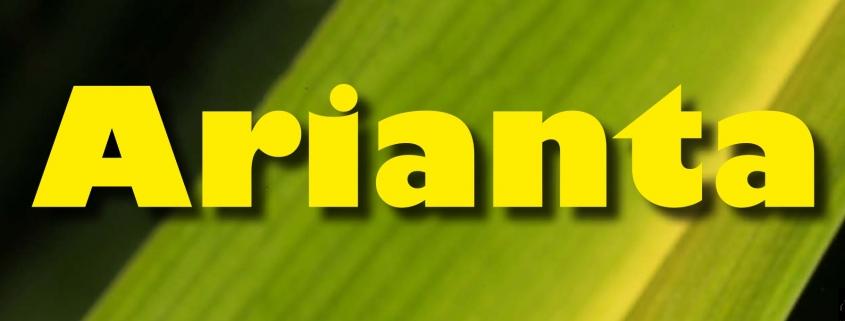
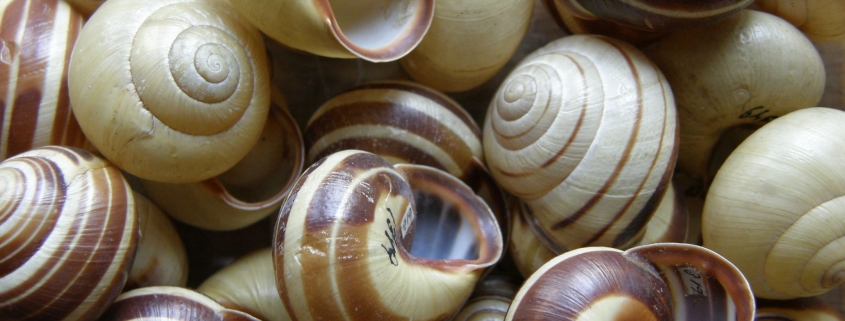 NHM Wien
NHM Wien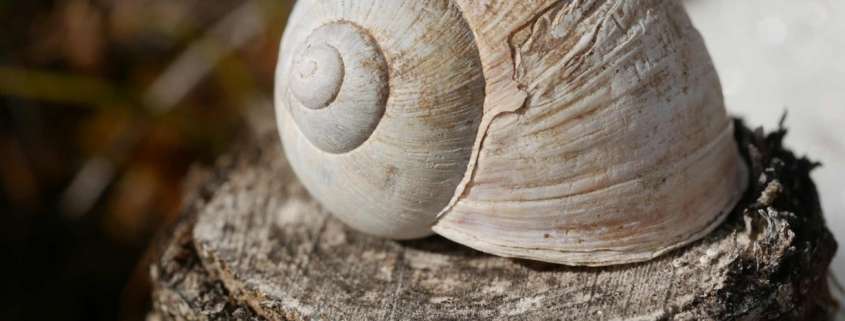 © S. Bamberger
© S. Bamberger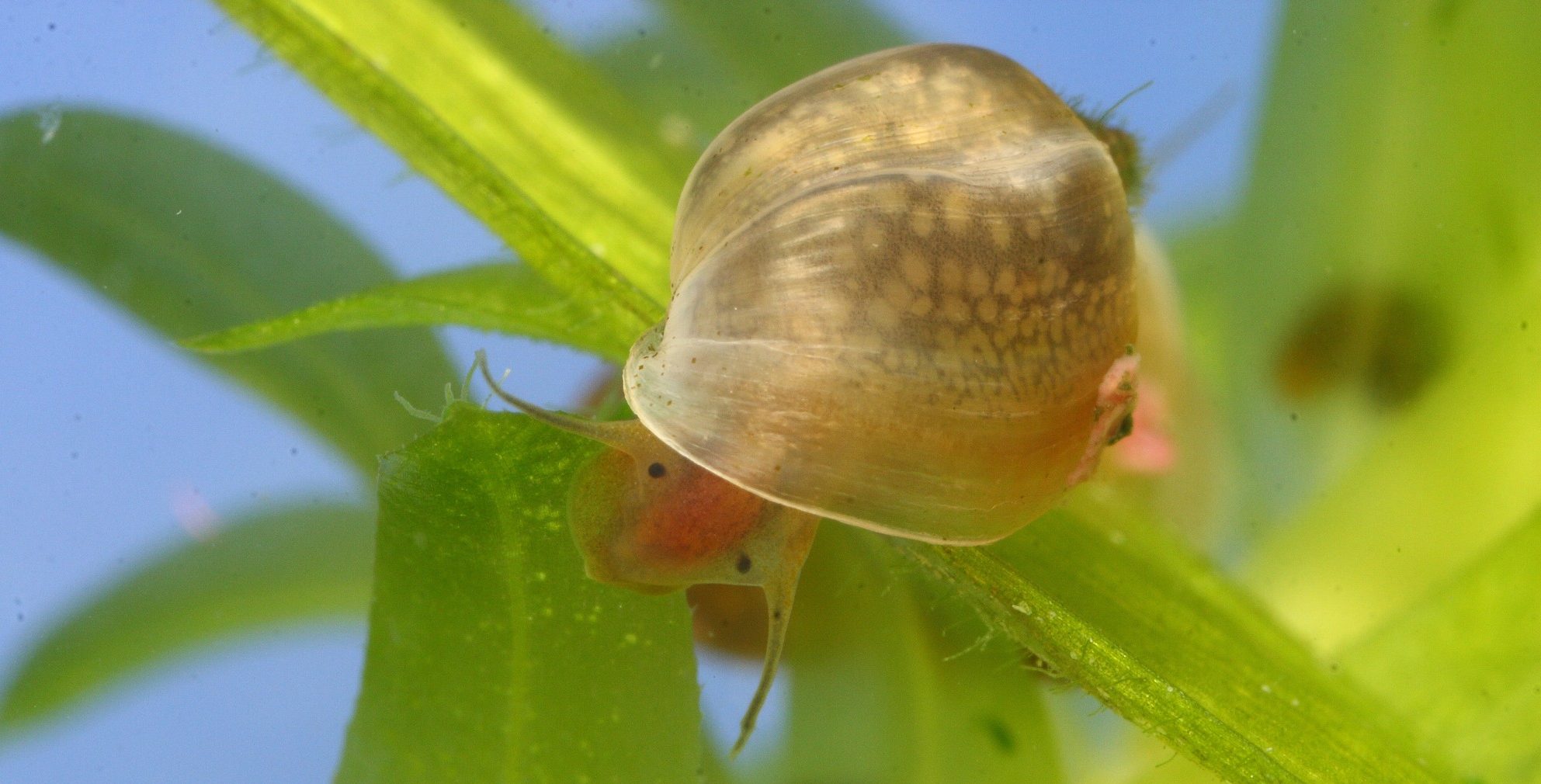 A. Mrkvicka
A. Mrkvicka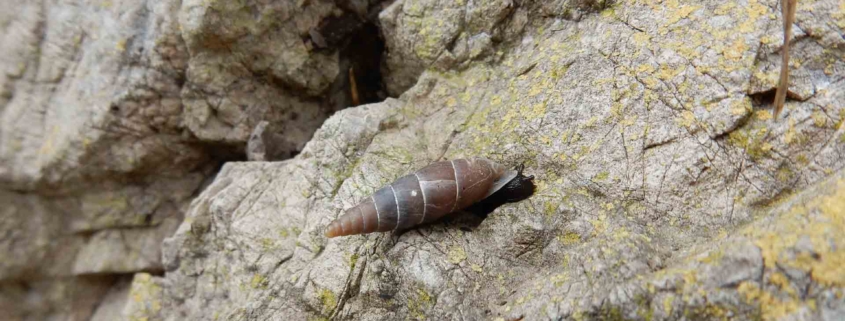 MoFA
MoFA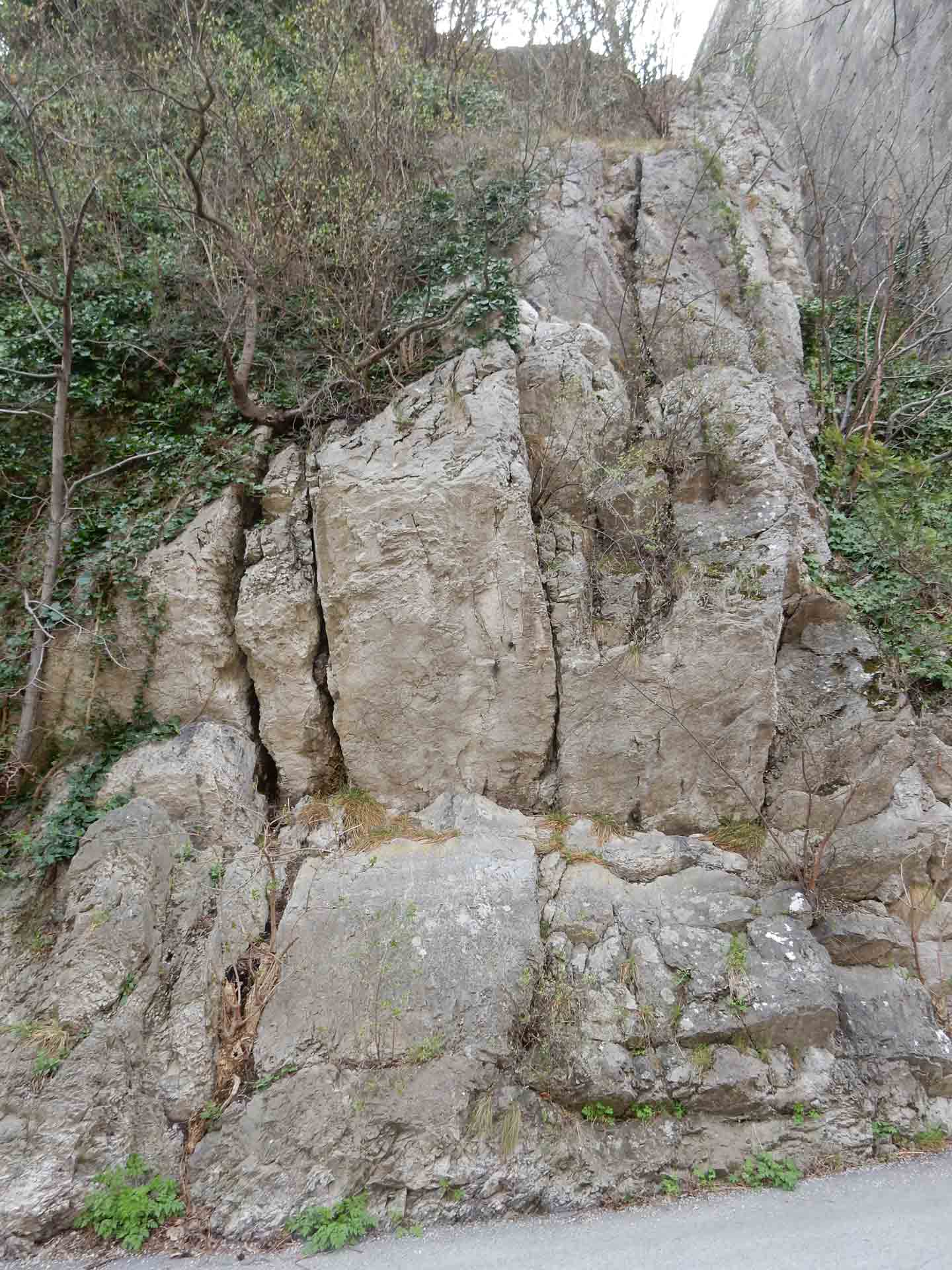
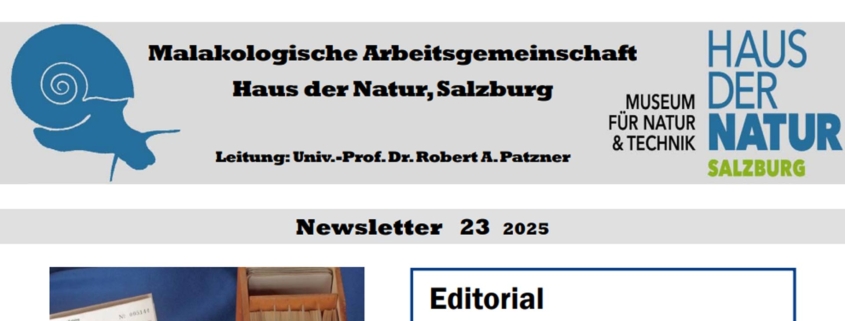 Malakologische Arbeitsgemeinschaft, Haus der Natur, Salzburg
Malakologische Arbeitsgemeinschaft, Haus der Natur, Salzburg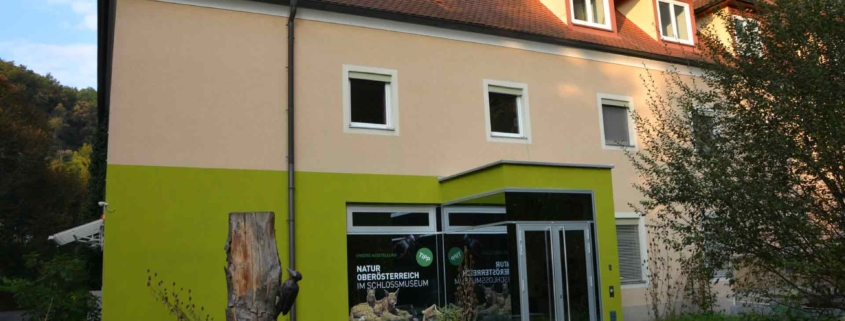 Biozentrum Linz, OÖ Landeskultur GmbH
Biozentrum Linz, OÖ Landeskultur GmbH